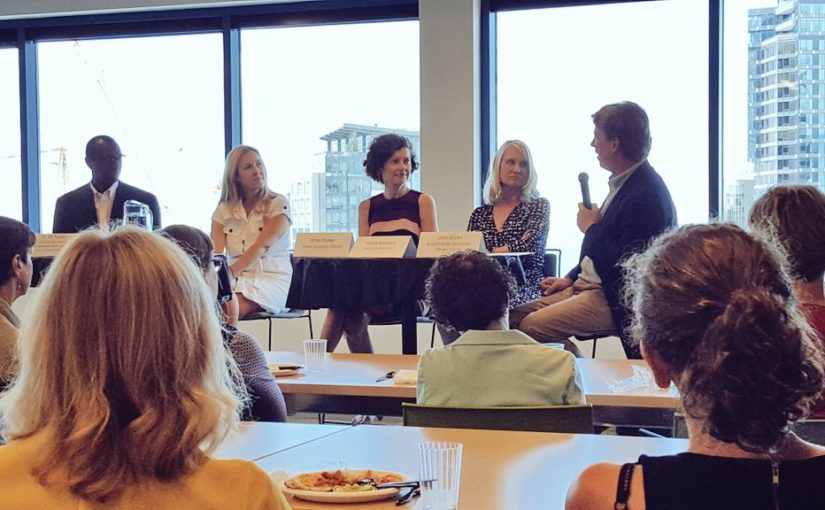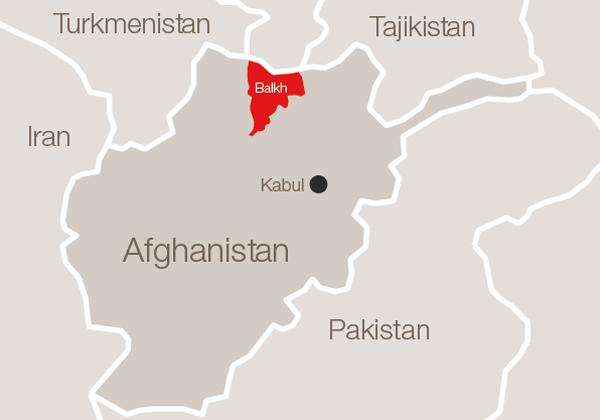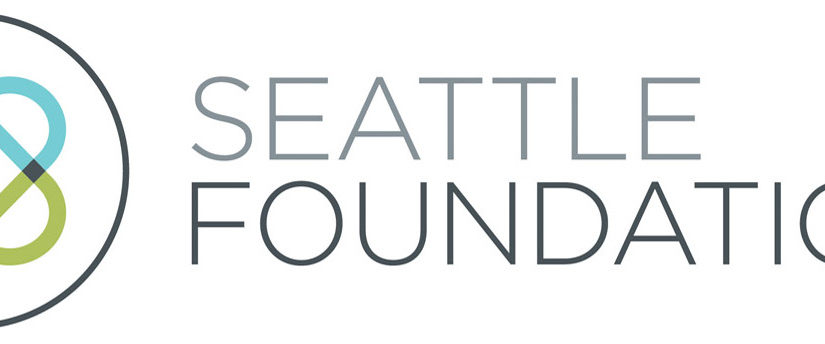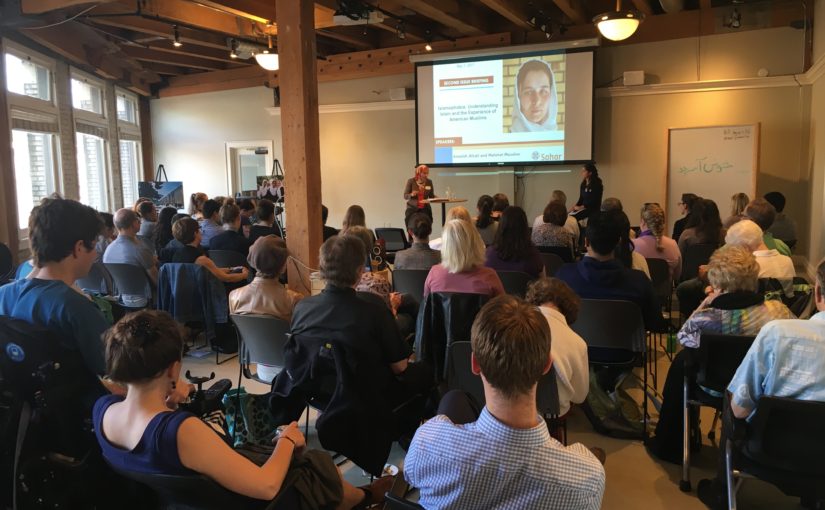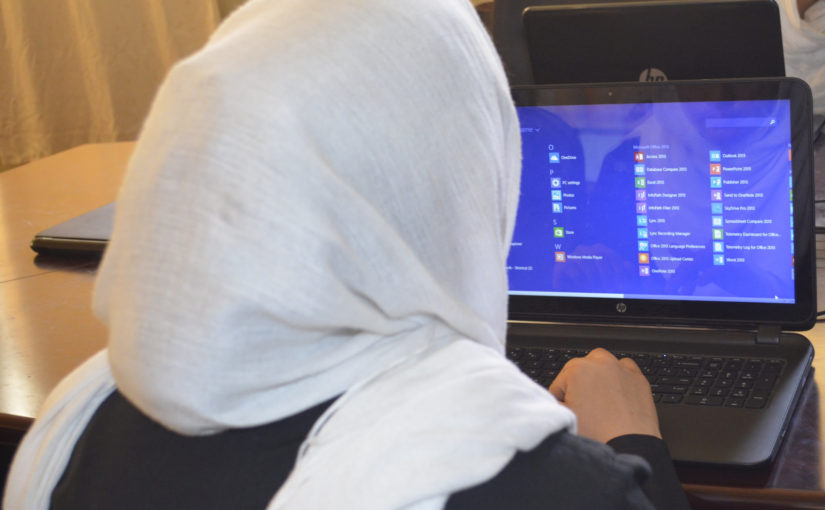On Wednesday, May 3rd, 2017 Sahar hosted our second issue briefing, titled “Islamophobia: Understanding Islam and the Experience of American Muslims.” Aneelah Afzali, Executive Director of American Muslim Empowerment Network, and Malahat Mazaher, Sahar Afghan Fellow, both shared perspectives and fielded questions. Ginna Brelsford, Executive Director of Sahar, was also present, introducing the speakers and moderating the questions.
“And the servants of the Most Beneficent (Allah) are those who walk on earth in humility and moderation, and when the foolish address them (with bad words) they reply back with mild words of gentleness.” (Quran 25:63)
Malahat began with the above verse to illustrate some of her own experiences and why she believes the topic of Islamophobia is important. While working at Sahar, for example, Malahat heard from students at a local Seattle school that while they had heard about Islam before, somehow they thought it was something bad. But Malahat did not let this discourage her. Instead, she opened up the subject to discussion. “I started the conversation about how people are from different races and ethnic backgrounds, they can have different religious beliefs or have no religious beliefs at all. While I spoke in general about Muslims, I spent most of the time discussing American Muslims in particular. I also talked about the diversity within Muslims Americans in the way they look like, the way they dress, and the way they practice their faith.”
“Through all my experiences of interfaith and intercultural work, I’ve seen that unless we talk about issues and learn about them, it is not easy to get over the fear of the unknown, the stereotypes and Islamophobia. Prejudice and discrimination affect people everywhere,” she noted.
When Aneelah began, she too emphasized the essence of the verse that Malahat shared. Aneelah’s goal is to repeal hate with kindness – that it is what pushes her to do the work of combating Islamophobia.
Aneelah shared local national stories of trends of hate crimes against Muslims or those perceived as Muslims. She noted that these crimes are disturbing and have been on the rise in the last couple of years. While a lot of the most recent focus regarding Islamophobia has come from the demonizing rhetoric of Donald Trump, these crimes proceeded the US President and have been used as a political tool for quite some time.
“Why do we care?” she asked. And the answer is simple: Islamophobia attacks American values, makes us all less safe, and opens the door to other bigotry. Aneelah also noted that fear makes us all more accepting of authoritarianism.
Moving forward, here are some steps we can take to combat Islamophobia:
1. Learn about Islam and meet Muslims.
2. Learn about Islamophobia and the effects it has.
3. Look for opportunities to stand together.
4. Take action and speak out when there is injustice.
5. Write about inspiring Muslims – share positive experiences and stories of the muslims that the mainstream media does not cover.
Aneelah closed with a famous quote from Dr. Martin Luther King, Jr.: “In the end, we will remember not the words of our enemies, but the silence of our friends.” This quote punctuated that we are all negatively affected by Islamophobia and that we have the power and responsibility to act.

